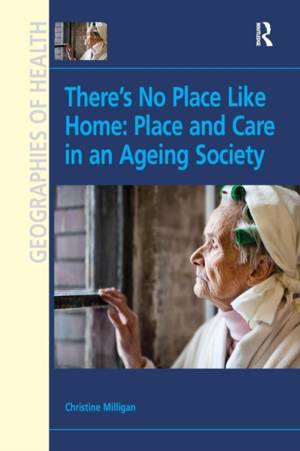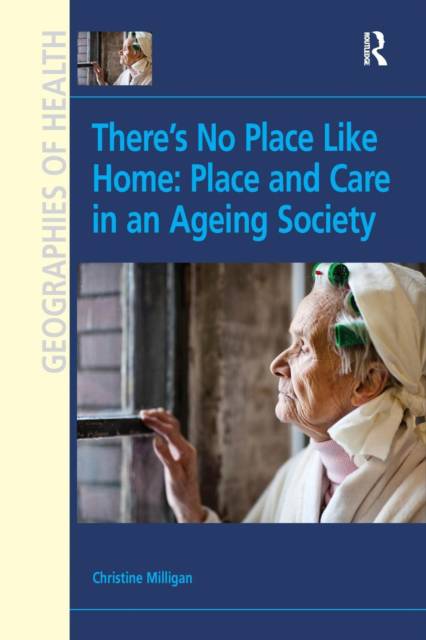
- Afhalen na 1 uur in een winkel met voorraad
- Gratis thuislevering in België vanaf € 30
- Ruim aanbod met 7 miljoen producten
- Afhalen na 1 uur in een winkel met voorraad
- Gratis thuislevering in België vanaf € 30
- Ruim aanbod met 7 miljoen producten
Zoeken
There's No Place Like Home: Place and Care in an Ageing Society
Christine Milligan
€ 106,95
+ 213 punten
Uitvoering
Omschrijving
Against a background of debate around global ageing and what this means in terms of the future care need of older people, this book addresses key concerns about the nature and site of care and care-giving. Following a critical review of research into who cares, where and how, it uses geographical perspectives to present a comprehensive analysis of how the intersection of informal care-giving within domestic, community and residential care homes can create complex landscapes and organizational spatialities of care. Drawing on contemporary case studies largely, but not exclusively from the UK, the book reviews and develops a theoretical basis for a geographical analysis of the issue of care. By relating these theoretical concepts to empirical data and case studies it illustrates how formal and informal care-giver responses to the changing landscape of care can act to facilitate or constrain the development of inclusionary models of care.
Specificaties
Betrokkenen
- Auteur(s):
- Uitgeverij:
Inhoud
- Aantal bladzijden:
- 188
- Taal:
- Engels
- Reeks:
Eigenschappen
- Productcode (EAN):
- 9781138260061
- Verschijningsdatum:
- 11/11/2016
- Uitvoering:
- Paperback
- Formaat:
- Trade paperback (VS)
- Afmetingen:
- 156 mm x 234 mm
- Gewicht:
- 276 g

Alleen bij Standaard Boekhandel
+ 213 punten op je klantenkaart van Standaard Boekhandel
Beoordelingen
We publiceren alleen reviews die voldoen aan de voorwaarden voor reviews. Bekijk onze voorwaarden voor reviews.











